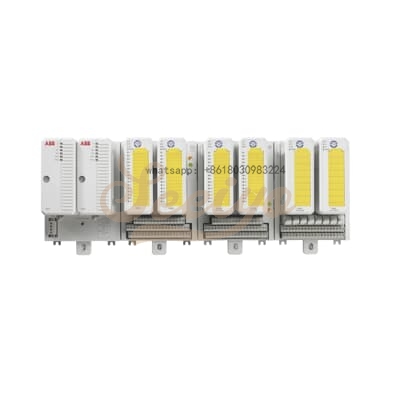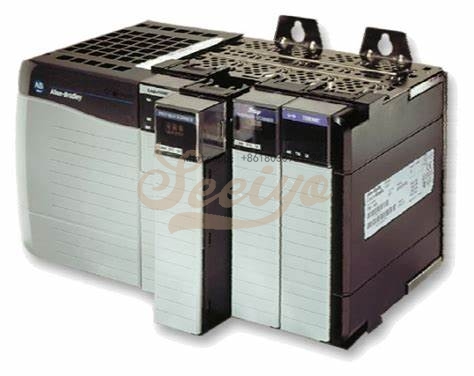Advantages and Disadvantages of PLC
We will look at the advantages and disadvantages of PLCS
Let’s study the pros and cons PLC system.
What are the Advantages of using PLC?
When we talk about PLC, there should be some bench mark to compare. Here we are comparing PLC with the relays and DCS (Distributed Control System).

Advantages of PLC over Relays:
- PLC increases the reliability, flexibility, and accuracy of the automation system.
- PLC (especially Compact PLC) has a lower cost associated with it as compared to the other automation technology. (For you note: there are two types of PLC- Modular PLC and Compact PLC.)
- PLC software has good capabilities and flexibility for programming. Even, you can easily make the modification in the existing program at any time.
- Programming used for PLC is easy to write and understand. There are various Programming languages used in PLC. Out of them, Ladder diagram (LD) PLC programming is easiest.
- PLC has the ability to easily communicate and connect with the computer. For communication, you can use various standard communication protocols.
- PLC does not take much space. It occurs smaller in size, especially compact PLC.
- Fast operation (no booting time) are the most important advantages as compared to alternative technologies.
- PLC has low maintenance associated with it.
- It gives supervisory control capability.
- In the PLC system, we require less and simple wiring as compare to the other systems.
- Modular PLC design makes development easy over the compact PLC.
- Modification is possible in modular PLC. You can easily make the changes in an already implemented design.
- It has remote control capability.
- It gives a fast response to the connected system.
- It performs the operation in a simple to the complex control system.
- It has good computational function capabilities with the help of PLC programming instructions.
- PLC has a fast scan time (near about 10-15 ms for compact PLC). It requires very less operation time to perform any task.
- PLC is good for building a small project as it takes less time.
- You can add extra function modules to enhance the flexibility and performance of the PLC (in modular PLC) system.
- In the case of PLC design, if anything goes wrong, one can easily troubleshoot the problem.
- It can sustain in a robust environment with less maintenance.
- In the PLC, we can visualize the operation of input and output modules of the automation system.
So, I have covered top 18 advantages of programmable logic controller (PLC) system.
Let’s move to another side of it.
What are the Disadvantage of PLC?
There are only a few disadvantages as compare to the advantages.
Disadvantages of PLC:
- You can operate one program at a time in a compact PLC.
- In the case of PLC, we can not use software and parts of one PLC manufacture in another PLC manufacture.
- When power restores, PLC automatically starts. It can damage the system. To avoid the damage, you can program the output to go to the fail-safe mode.
These are the limited disadvantages of the PLC over the relay system. (For more, read the main difference between PLC and the Relay.)
Based on the PLC simulator pros and cons, we conclude that in the automation sector, there are more benefits of PLC over relay.

If you want to mention any point related to the advantages and disadvantages of PLC, feel free to share by writing in the comment.







